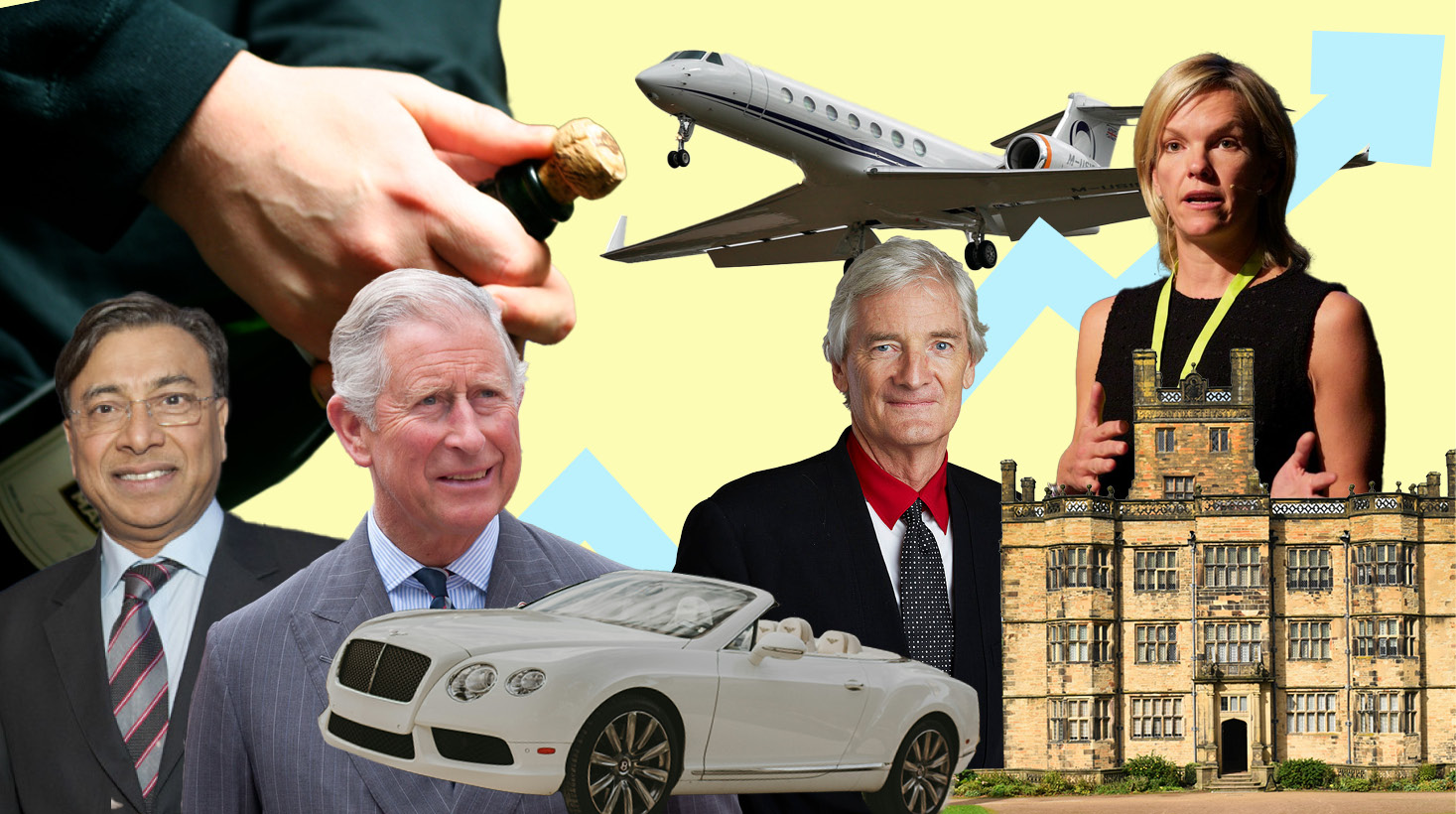The UK is one of the most unequal rich countries. By 2023, the richest 50 families in the UK held more wealth than half of the UK population, comprising 33.5 million people.
Wealth inequality in the UK, and other developed nations, fell throughout the 20th century until the 1980s, and since then the wealthiest households have consistently increased their share of the UK’s total wealth. If the wealth of the super rich continues to grow at the rate it has been, by 2035, the wealth of the richest 200 families will be larger than the whole UK GDP.
This has huge consequences for our lives and communities.
More unequal societies have much worse social, economic, and health outcomes than equal ones. The result is that we are poorer, sicker, less productive, unhappier, more polarised, and less trusting.
We also know that unequal economies are more unstable, and our billionaire-heavy one has greatly increased the amount of debt held by individuals and institutions. Inequality has been linked to financial crises, inflation, and the IMF now regards inequality as bad for economic growth.
Part of the UK’s inequality is the huge investment in property by the richest. As the amount of money invested by the richest has skyrocketed, so to have the price of assets. In land, property, and housing, this has led prices to rise even when the economy shrinks or wages fall, contributing significantly to the high rents and unaffordable mortgages we have now.
What can we do about it?
- Create a progressive wealth tax aimed specifically at achieving a more even distribution of wealth. Polls indicate 78% of the UK public supports a wealth tax on those with over £10m, and wealth taxes like this could raise over £50bn a year.
- The financial sector is in dire need of reform to drag it away from the short term thinking and rent-seeking practices which have stunted the economy and driven inequality.
- Corporations need reform in order to be more democratic: this could be achieved via the expansion of employee ownership and sectoral collective bargaining.
- Reversing the privatisation of essential services would help enormously to tackle spiralling prices of everyday necessities like energy.
- Adopting a community wealth-building would encourage local economic development and shift the emphasis away from global cities to local communities.
